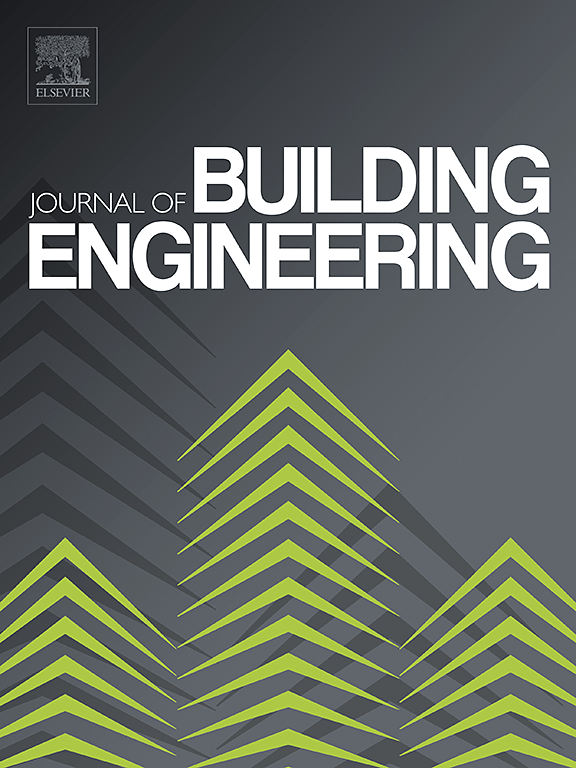分步建模法探索 Ca(OH)2/Sulfate 的界面行为
IF 7.4
2区 工程技术
Q1 CONSTRUCTION & BUILDING TECHNOLOGY
引用次数: 0
摘要
盐雾区内的混凝土基础设施会受到硫酸盐引发的腐蚀,导致耐久性下降。然而,人们对 Ca(OH)2/硫酸盐的原子界面仍不甚了解。在本研究中,首先通过密度泛函理论方法确定了气体硫酸盐的吸附行为(化学或物理),然后通过经典分子动力学(MD)模拟深入研究了 Ca(OH)2/硫酸盐界面的物理吸附机理,并通过量子化学(QC)计算展示了硫酸盐水合层的详细构象。结果表明硫气体与 Ca(OH)₂ 表面之间的化学吸附活性可以忽略不计,SO2/SO3 在腐蚀过程中的主要作用是充当硫酸根离子的供体。大规模 MD 模拟显示,硫酸根离子扩散到 CH 表面需要形成完整的第一水化层。因此,在高浓度液滴中,硫酸根离子和水分子之间的竞争效应会导致团聚。利用 QC 方法计算的玻尔兹曼分布确定了室温下硫酸根离子水合层三种最可能类型的构象,并评估了这些水合层内相应的氢键强度。本文章由计算机程序翻译,如有差异,请以英文原文为准。
Stepwise modeling approach to explore the interfacial behavior of Ca(OH)2/Sulfate
Concrete infrastructure within the salt spray zone is subject to corrosion triggered by sulfate, resulting in the deterioration of durability. Nevertheless, the atomic interface of Ca(OH)2/sulfate remains incompletely understood. In the present study, the adsorption behavior (chemical or physical) of gas sulfate was firstly determined by density functional theory approach, followed by a deep investigation on physical adsorption mechanism of Ca(OH)2/sulfate interface through classical molecular dynamics (MD) simulations, and presenting detailed conformations of sulfate hydration layer via quantum chemistry (QC) calculations. Results suggested: The chemical adsorption activity between sulfur gas and Ca(OH)₂ surface is negligible, with the primary role of SO2/SO3 being to act as a donor of sulfate ions in the corrosion process. Large-scale MD simulations reveal that the diffusion of sulfate ions to the CH surface requires the formation of a complete first hydration layer. Therefore, in high-concentration droplets, the competitive effect between sulfate ions and water molecules leads to agglomeration. The conformations of the three most probable types of hydrated layers of sulfate ions at room temperature were determined using the Boltzmann distribution calculated via QC methods, and corresponding strength of hydrogen bonding within these hydrated layers was evaluated.
求助全文
通过发布文献求助,成功后即可免费获取论文全文。
去求助
来源期刊

Journal of building engineering
Engineering-Civil and Structural Engineering
CiteScore
10.00
自引率
12.50%
发文量
1901
审稿时长
35 days
期刊介绍:
The Journal of Building Engineering is an interdisciplinary journal that covers all aspects of science and technology concerned with the whole life cycle of the built environment; from the design phase through to construction, operation, performance, maintenance and its deterioration.
 求助内容:
求助内容: 应助结果提醒方式:
应助结果提醒方式:


